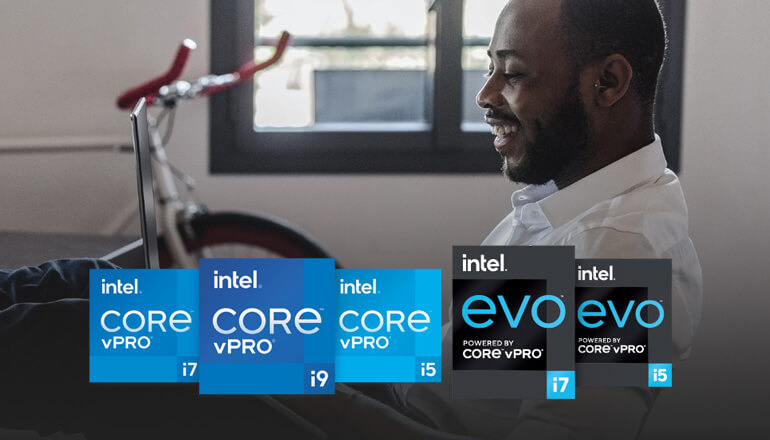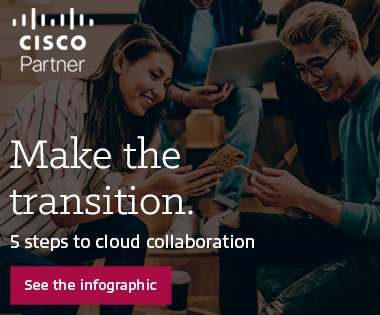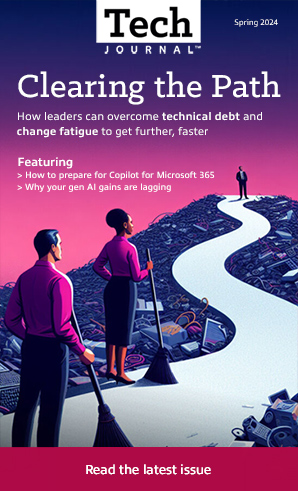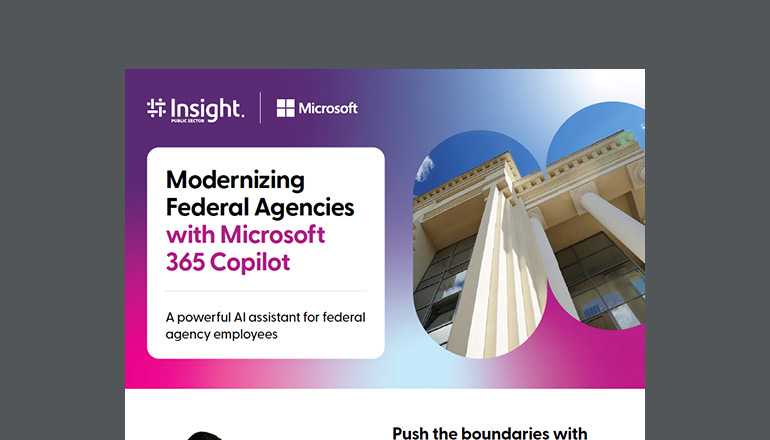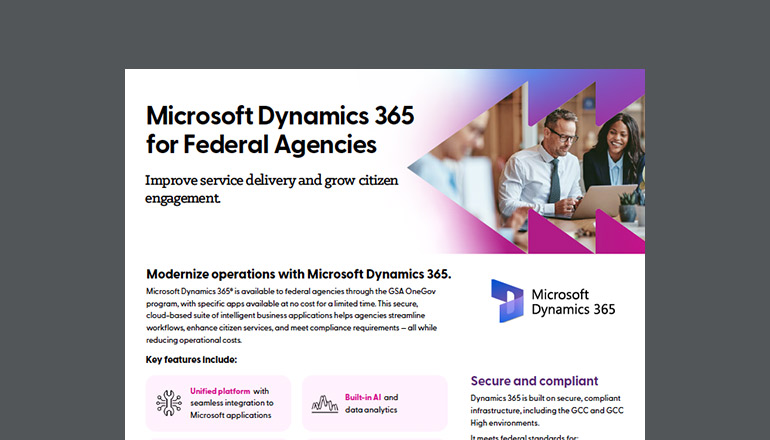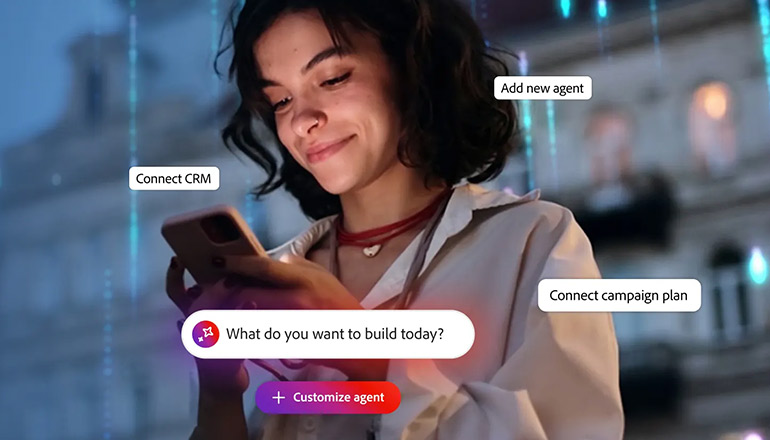Article Why Would You Outsource Software Asset Management?
As companies invest even more in software, software asset management has become a crucial business function. However, high-priced talent and a broad vendor portfolio make it hard to do right. Read on to understand some strategies for overcoming these obstacles.
By Joanna Furlong / 27 Mar 2020 / Topics: Software

Software is a mission-critical business asset that every organization relies on daily. Managing software licensing has become a necessary task for the IT department; however, it’s also become extremely complex, especially when you add in hybrid environments. It requires tracking procurement, licensing and updates, and often partnering with multiple vendors ― which can quickly evolve into a tangled, inefficient web.
A recent survey reported that “74% of IT leaders said they don’t have a formal SAM function, and 83% don’t view it as a strategic initiative.”
The good news: If done right, Software Asset Management (SAM) can lead to a range of benefits — most notably, substantial cost savings and reduced risk. But managing an increasingly complex software landscape can be (and often is) an overwhelming task for internal IT teams. To free up their internal resources for big picture thinking, many businesses choose to outsource their software asset management initiatives in part or whole.
The benefits of outsourcing software asset management
Expertise
As your business grows, so does your number of software licenses. With more users, multiple tools and a growing number of devices, software licensing only becomes more challenging as you expand your software portfolio. Assuming you have licenses across multiple vendors, it’s very likely that you need multiple experts on your in-house team to manage your entire portfolio.
While this sounds like a fair approach, there’s a big (read: pricey!) downside. These professionals are in high demand and in turn, they demand a generous salary. True experts are not only tough to locate, but also difficult to recruit, as many prefer to work for large IT service organizations. Plus, software licensing experts tend to focus their expertise on one, major software publisher. You would need to hire one for every major publisher you use.
The primary upside of outsourcing your SAM is that you can leverage the knowledge of their team of experts at a fraction of the cost. Easily scale up or down your engagement with these experts as needed, versus paying them a sizeable salary year-round. Plus, you don’t have to worry about adding another expert asset manager to your team when you onboard new software. When you work with a trusted IT services partner, you’ll always have an expert in your corner.
Worry-free software audits
Software licensing audits can be time-consuming and costly — and they’re guaranteed to happen about once a year. Partnering with an experienced third party can smooth the process.
Those same experts that we discussed in the last section are usually also knowledgeable about the audit process because they likely worked for the publisher at some point in their career and have seen an audit from the other side.
Plus, large IT services organizations typically have an extensive audit experience. They’ve been through the process with businesses of all sizes and they know how to respond, what to expect, what the auditors are looking for and how to negotiate for the right price.
The best price on software contracts
Outsourcing your software asset management can add immediate value back to your business by enhancing your buying power and strengthening your negotiating stance.
SAM experts are seasoned negotiators who know the product and their industry very well. They know how much you should be spending for what you need and, more importantly, they know how to get it. Working with them is your best chance of securing the most competitive pricing on new software contracts, as well as those that are up for renewal.
How to choose your outsourced software asset management partner
When choosing a partner to help you manage the full lifecycle of your software portfolio, it’s important to choose a company that will help you manage your IT assets effectively as you scale. You’ll want to look for:
Established vendor relationships
You need someone who has existing relationships with major (and minor) tech companies. That way, as your needs change, you’ll have the flexibility to easily shift software providers without having to shift your SAM partner, too.
Procurement power
Established IT service providers will have the deep understanding and negotiation power to get you the best contracts possible.
Full lifecycle capability
Avoid partners who only understand one part of the lifecycle. Instead, work with organizations that can get to know your business, make recommendations and guide the entire process from end to end.


